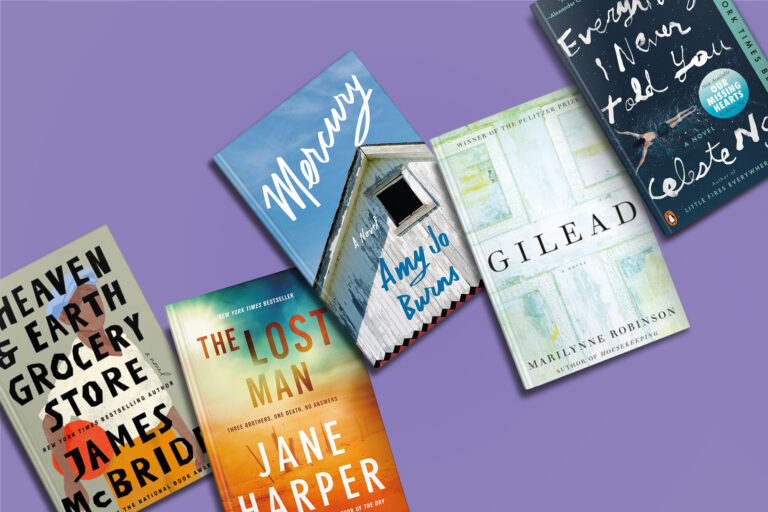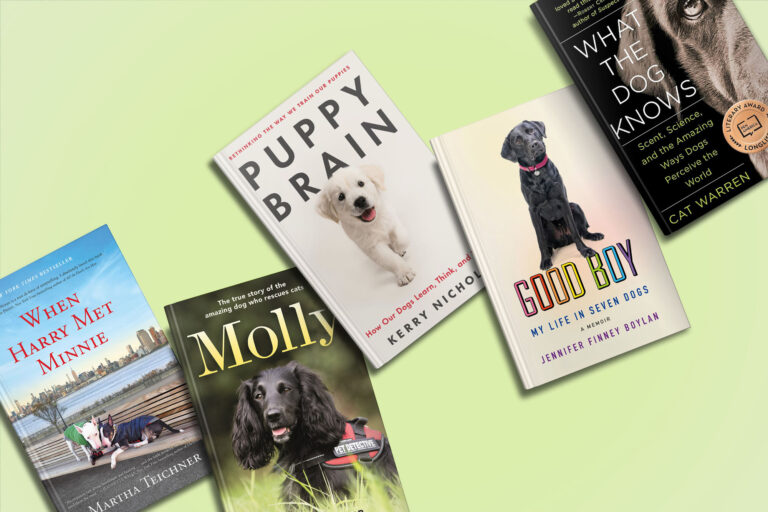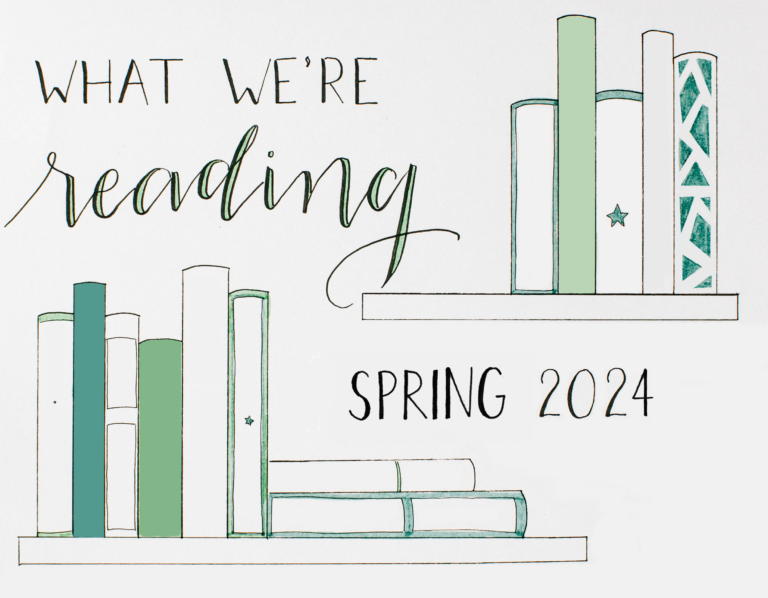Is an agent essential to a successful writing career? Find out what literary agents do before, during, and after your book is sold (and if you can get that far without one).
The role of the literary agent may seem shrouded in mystery to an aspiring writer, but most people in the publishing industry will tell you that every writer should have one. The gatekeeper to a successful career, an agent is essential to securing a book deal. So, what exactly does a literary agent do?
Avoiding the slush pile
At most book publishing companies, the editorial assistants and interns are assigned to go through what is known as the “slush pile”—the place where unsolicited manuscripts go to die. That’s where your book will end up if you send it to a publisher without the representation of a literary agent. If you’ve got a good friend who just happens to be a book editor, you might be able to get your manuscript on her desk. But the odds of your book making it out of the slush pile if you aren’t well connected in the industry are extremely rare. Part of what agents do is cultivate relationships with editors; having a literary agent means your manuscript will never have to languish in the slush pile again.
Your first reader
Sure, you’ve had your most trusted friends read your book, but your literary agent will be your first professional reader unless you’ve gone through the trouble of hiring a freelance editor to take a look. “As both an agent and a writer who is agented, I think it's absolutely vital for an author to have that passionate advocate there for them every step of the way—through initial revisions to positioning the project as strongly as possible, then to submission and negotiation and sale,” Katelyn Detweiler, an agent with Jill Grinberg Literary, says.
“An agent does more than connect you to editors and publishers. She’ll help you refine and fine tune your ideas, make them sharper, more polished,” Elizabeth Winder, author of Marilyn in Manhattan and Pain, Parties, Work, says. “A good agent guides you to the real reason why you’re taking on a particular project—and how it fits into our current cultural landscape.”
Show me the money
“When people ask me why they need an agent, I ask them what the standard export royalty rates are for paperbacks. Of course they don't know the answer, but an agent does! You get an agent, in part, to help you answer the questions that you don't even know you have yet,” explains Kate McKean, an agent at Morhaim Literary. “When it concerns something as important as your art and your livelihood, you want someone to help you answer everything.” You don’t want to get caught unawares, selling your work for less than it’s worth or negotiating legal agreements you don’t understand.
“My agent not only took my book to market, she walked me through the entire process, especially writing a book proposal,” Alice Bolin, author of Dead Girls, says. “She’s just as active on the editorial side as she is on the business side.”
Beyond the sale
Congratulations! Your agent sold your book. But there is often more work beyond the initial book sale—a lot happens leading up to publication. Perhaps the editor wants major changes from an editorial standpoint. Then, once the manuscript is ready to go, there will inevitably be “conversations around the cover, publicity and marketing strategy, and pre- and post-publication,” Detweiler points out. “Each step of the process is an important piece of the author's long-term career, and it's our goal to make that career as successful as possible.”
Someone completely in your corner
It’s important to protect yourself and your work and to be represented by someone who will work as both your creative and professional partner. “Most people understand an agent as the person who helps put your work in front of editors, but they do a lot more than that. This is a person you'll strategize with, bounce ideas off of, and work with to develop the shape of your overall career,” Kat Rosenfield, author of Inland and Amelia Anne Is Dead and Gone, says. “It's like having a beta reader, a business manager, an attorney, and a cheerleader all rolled into one person—someone who's as invested in the success of your work as you are.”[/vc_column_text][/vc_column][/vc_row]



